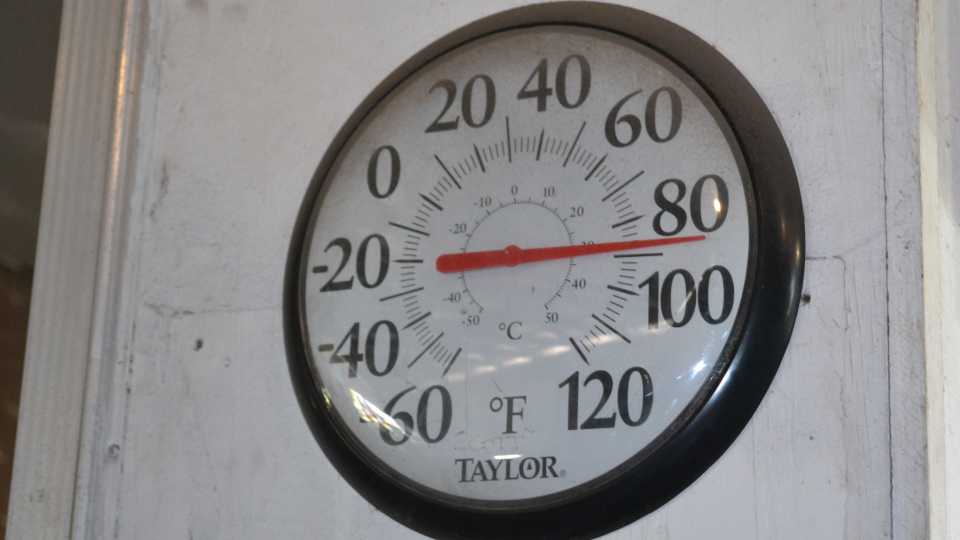Citrus Quarantine Violators Sentenced By Court
Four Floridians have been sentenced to one year probation, along with other penalties for, their involvement in conspiracy to transport and sell quarantined citrus plants in interstate commerce. Randall Linkous, 61, of Boynton Beach, Andrea Moreira, 32, of Boynton Beach, Dale Leblang, 60, of Boca Raton, and David Peskind, 57, of Boca Raton, pleaded guilty to violating federal Plant Protection Act.
The matter arose in March 2011 when USDA Inspectors with the Animal and Plant Health Inspection Service (APHIS) in Ohio and Illinois discovered a species of citrus plant known as Calomondin being sold from nurseries in those states. Dubbed “Operation Orange Aid” the investigation centered on the illegal transport and sale in interstate commerce of the plants. Calomondin has been under quarantine in Florida for many years as part of an effort to eradicate citrus canker. The plant is a known carrier of both citrus canker disease and HLB. From 1995 through 2006, government costs to control and eradicate these diseases exceeded $1.4 billion, including over $700 million for compensation to the owners of commercial citrus groves that had to be destroyed. The Plant Protection Act, Title 7, United States Code, Section 7712 prohibits the movement of quarantined plant material in interstate commerce.
The investigation revealed that the plants had been acquired through Allied Growers, Inc. in Ft. Lauderdale, a brokerage company owned and operated by defendants Leblang and Peskind. The owners admitted their awareness of the quarantine restrictions and that they had falsely labeled the plants on invoices in order to conceal their true nature and move them out of Florida. The actual grower and supplier of the plants to Allied was Valico Nurseries (Valico) of Pompano Beach, Florida, owned and operated by co-defendants Linkous and his daughter Moreira. Valico’s principals were also fully cognizant of the quarantine and the illegality of their sales activities. Invoices from Valico to Allied actually established the wrongdoing of the operation, designating the proscribed flora as an unrestricted species which Valico did sell, but not in the size or for the price at which the suspect plants were marketed.
When Linkous and Moreira were initially interviewed by USDA investigators, they falsely stated that Valico had made no sales of the restricted plant inside the U.S. and made only “excepted” sales to Canada, after inspection and sealing by USDA. Investigators secured evidence from nurseries in at least seven different states confirming their purchase of approximately 252 Calomondin plants. According to the government, more than 1,650 of the quarantined plants, with a retail value exceeding $37,000, were shipped as part of the criminal conduct.









